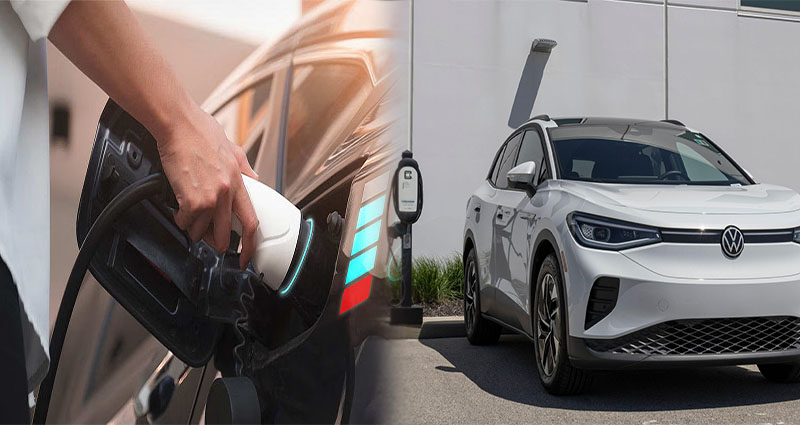Electric vehicles (EVs) have gained significant traction in recent years, becoming a popular and viable alternative to traditional gasoline-powered vehicles. With increasing concerns about climate change and air pollution, the environmental benefits of electric vehicles have become a major topic of interest. In this article, we will explore these benefits and provide insights into why electric vehicles are considered a cleaner and greener option for transportation.
Reduction in Greenhouse Gas Emissions
One of the key advantages of electric vehicles is their ability to significantly reduce greenhouse gas emissions. Combustion engines in traditional vehicles emit carbon dioxide (CO2) and other harmful gases which contribute to climate change. However, electric vehicles produce zero tailpipe emissions, meaning they do not release any greenhouse gases directly into the atmosphere.
Moreover, EVs offer the potential for even greater emission reductions when powered by renewable energy sources, such as solar or wind. This combination allows electric vehicles to have a truly low-carbon footprint, contributing to a cleaner and more sustainable environment.
Improving Air Quality
In addition to reducing greenhouse gas emissions, electric vehicles also play a crucial role in improving air quality. The burning of fossil fuels in conventional vehicles releases pollutants like nitrogen oxides (NOx), particulate matter, and volatile organic compounds (VOCs), which are harmful to human health and the environment.
By transitioning to electric vehicles, emissions of these harmful substances are significantly reduced. This has a direct positive impact on air quality, especially in densely populated urban areas where traditional vehicles contribute to high pollution levels. The adoption of electric vehicles can help reduce smog, respiratory problems, and other health-related issues caused by poor air quality.
Energy Efficiency and Sustainable Infrastructure
Electric vehicles are also far more energy-efficient compared to their gasoline-powered counterparts. Traditional vehicles utilize only 12-30% of the energy stored in gasoline, with the rest being wasted as heat. On the other hand, electric vehicles use about 75-80% of the energy stored in their batteries, leading to overall higher efficiency.
Moreover, electric vehicle charging infrastructure has the potential to be powered by renewable energy sources. This means that not only can the vehicles themselves be emission-free, but the entire lifecycle – from charging to driving – can be powered by clean, sustainable energy.
Reaping the Benefits
As electric vehicles become more accessible and affordable, it is crucial to understand the array of environmental benefits they offer. Reducing greenhouse gas emissions, improving air quality, and promoting energy efficiency are just some of the advantages that electric vehicles bring to the table.
To fully harness these benefits, it is essential to continue investing in renewable energy sources, expanding public charging infrastructure, and encouraging the adoption of electric vehicles. Governments, businesses, and individuals all play a crucial role in this transition towards a greener and more sustainable transportation future.
Electric vehicles have shown great promise in reducing environmental pollution and combating climate change. By embracing electric transportation, we can work towards a cleaner and healthier planet for future generations.





